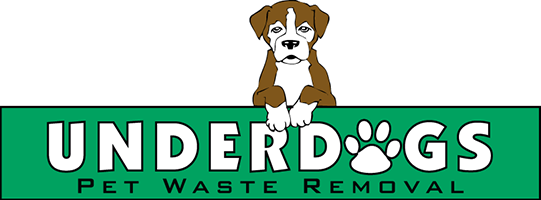To read the full article at petsbest.com, Click Here
Spring provides the perfect prelude to summer. This includes spring cleaning to help tidy your home or yard in order to prepare for the summer season. But if you’re a pet owner, spring cleaning can quickly turn into a pet emergency. That’s why it’s important to be aware of spring-cleaning hazards that can be detrimental to your four-legged family members.
Spring Cleaning Dangers: Household Cleaners and Chemicals
The arrival of warm weather rouses our urge to organize, clean, and spruce up our homes. Unfortunately, many pet owners don’t realize how hazardous cleaning products can be for dogs and cats. Cleaners such as rust removers, drain cleaners, and lime and calcium removers all have the potential to cause corrosive injury and can result in health problems for our pets.2
Animals exposed to most house paint, arts and craft paint, or varnishes, whether ingested or inhaled in an enclosed space, can be dangerous to pets.1 It’s also wise to keep strong acidic and alkaline cleaners in a place where your pet can’t access them. Dogs that suffer from poisoning or toxicosis can display the following symptoms:3
- Vomiting
- Diarrhea
- Lethargy
- Difficulty breathing
- Seizure
- Death
If you’re unsure about the ingredients in a product you’re using, visit the Environmental Protection Agency (EPA), which lists over 2,000 products that meet the U.S. EPA Safer Product Standards and have earned a Safer Choice label. Ingredients in these products have been reviewed by the EPA to be better choices for you, your family, and your pets.
How to Safely Store Dangerous Chemicals to Protect Pets
Any products that contain potentially harmful ingredients should be stored in pet-proof bins or in a location away from curious, vulnerable animals. It’s important for pet parents to remember to clean up all rags, sponges, paint brushes, and other tools and safely store all products once you’re done using them. Remaining chemicals left on these items can be harmful to your pets and intestinal blockage can occur if they are consumed in large enough quantities. Be sure to clean up any spilled substances, as cats or dogs can walk through the spill and ingest dangerous toxins when cleaning themselves. Trash bins with discarded cleaning supplies should be secured in trash bins. Unsecured trash bins left outside can attract wildlife that can harm your pets or other animals.
Secure Windows and Screens
Oftentimes, spring is the first time we open the windows in our homes after many months. After doing so, check to make sure your screens are secure and that they don’t have any holes. A cat on a perch can spot a bird or squirrel outside and pounce through a window screen. The same goes for a dog that manages to slip through a torn window screen and escapes to chase after something.
Prevent Pets from Choking Hazards
Like children, pets are curious and can quickly get into harmful things. If your spring cleaning involves reorganizing or cleaning cabinets, closets, drawers, and boxes be cautious about where you set knick-knacks and various items down. In a split second—either in your presence or after you leave the room—your pet can consume something.
If you’re lucky, it will pass in their stool and it won’t cause an issue. But if it’s too large, there’s a potential for intestinal blockage which can lead to an unwanted trip to the vet’s office. Therefore, put everything you plan on disposing in a trash can or container that your pet can’t access. To be on the safe side, vacuum any area where small objects or debris could still remain on the floor.
No matter what the season or the reason, Pets Best pet insurance plans can help you pay for your pet’s unexpected veterinary costs. By following a few simple tips and insuring your pet with Pets Best, you can enjoy peace of mind this spring!*
* Terms and conditions apply. See policy for details.

Recent Comments